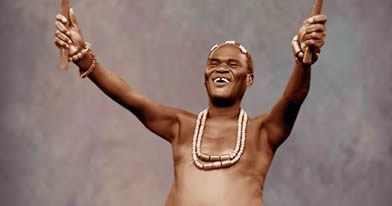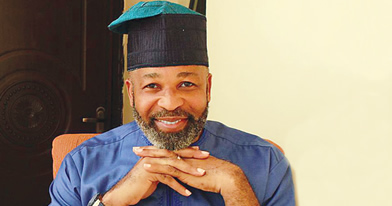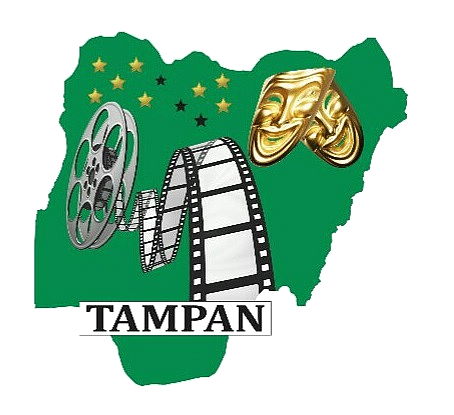The Yoruba travelling theatre, which was the prevalent and highly form of theatre in Nigeria, started in the 1950s. At its height of productivity and popularity, there were at least 100 troupes of the travelling theatre in Yoruba society. The Yoruba travelling theatre had a dynamic form that caught the public’s attention. Hubert Ogunde, one of the early practitioners, developed this theatrical form as a way of connecting with the working class of the society without compromising cultural identity.
The Yoruba cinema began as practitioners of various Yoruba travelling theatre groups began to take their works beyond the stage to delve into film production, using celluloid format. These practitioners are the first true Nigerian filmmakers.
Practitioners like Ola Balogun, Duro Ladipo, and Adeyemi Afolayan played a significant role when they came out with the first Yoruba film in 1976, titled, “Ajani Ogun.” This film, alongside the box-office success of Hubert Ogunde’s films, “Aiye” (1979) and “Jaiyesinmi” (1980), and other productions by other practitioners like Adeyemi Afolayan’s “Kadara” (1981) , “Taxi Driver” (1983), Isola Ogunsola’s “Efunsetan Aniwura” (1982), Moses Olaiya’s “Are Agbaye” (1984), “Mosebolatan” (1985), among others, were part of the huge success that help put the Yoruba language cinema on the map.
The early Yoruba cinema films were presented similarly to the theatre performances. They would load a projector onto a truck and go around to school auditoriums, concerts halls, hotels, or wherever they could get a venue. The troupe usually travel with the film in order to ensure that they would not be cheated out of ticket sales. The producer becomes his own distributor and realizes at a more or less artisanal level the vertical integration typical of capitalist success in the cinema industry.
The Yoruba travelling theatre and film practitioners laid the groundwork for many of the aesthetic and narratives qualities of the film industry in Nigeria. These great thespians were undeniably at the nerve center and pioneers - not only cinema, but also video production in Nigeria.










